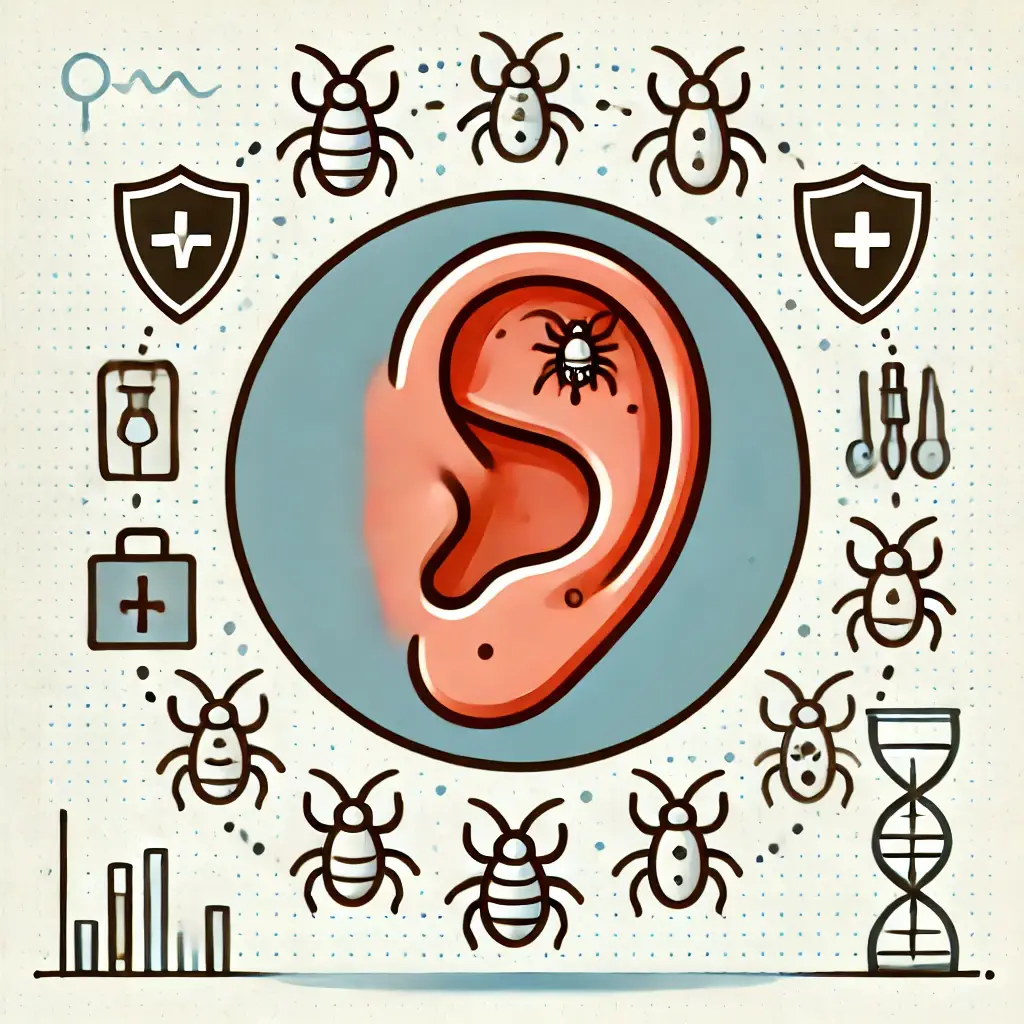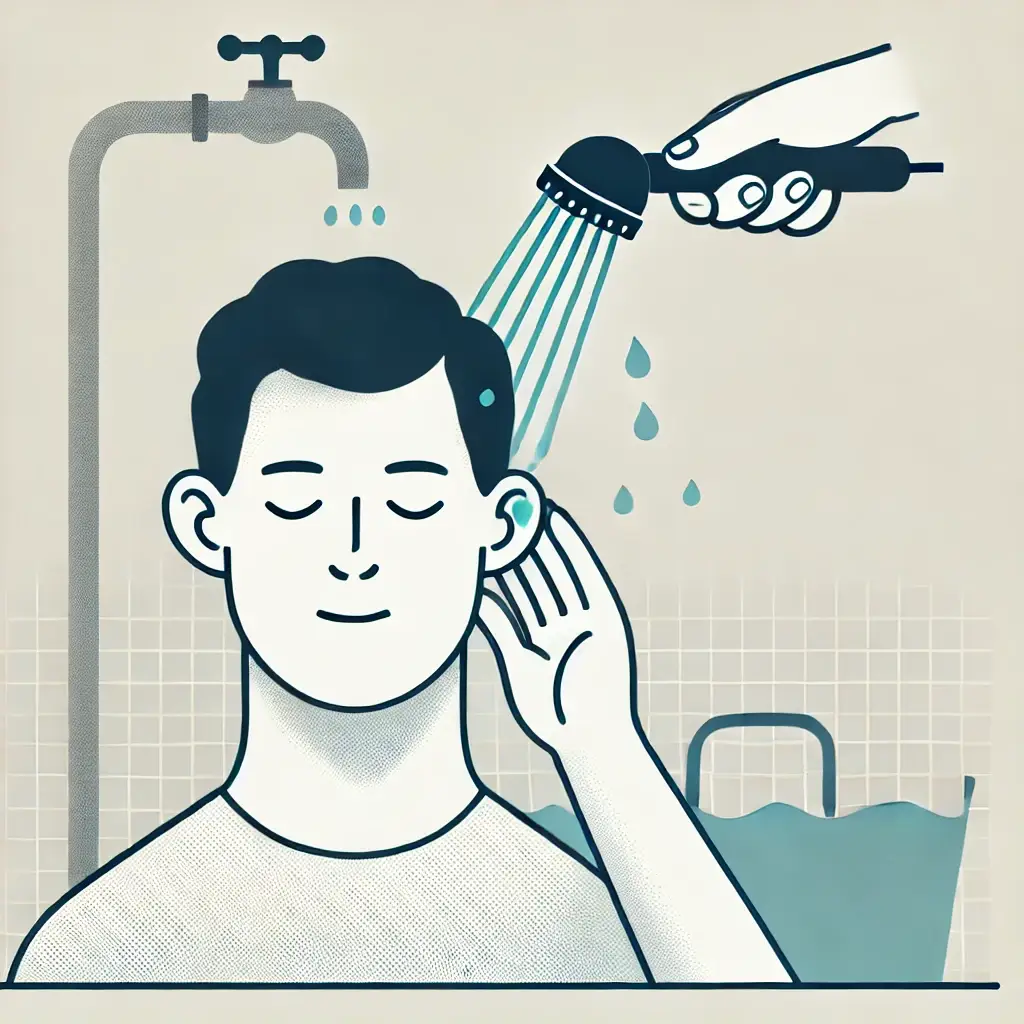How to Keep Your Ears Healthy and Happy
The Ultimate Guide to Ear Care
Let’s be honest—when was the last time you gave your ears a second thought? They’re always there, working hard to help you hear your favorite tunes, catch every word in a conversation, and even keep you balanced when you’re walking on uneven ground. But when it comes to self-care, ears are often the forgotten heroes.
Today, we’re changing that. Whether you’re dealing with itchy ears, wondering how to clean ears safely, or just want to know how to take care of your ears in general, this guide is for you. I’ll even share a personal story to make things relatable. So, grab a cup of coffee, and let’s talk ear health care!
Why Ear Care Should Be on Your Radar
Think about it: your ears are tiny powerhouses. They help you connect with the world, from the sound of rain tapping on your window to your best friend’s laughter. But they’re also delicate. Ignoring basic ear hygiene can lead to earwax buildup, infections, or even hearing loss. And trust me, you don’t want to be the person constantly saying, “Can you repeat that?”
So, let’s dive into some practical ear care tips to keep your ears in tip-top shape.
How to Clean Ears Safely (Without Making Things Worse)
The Truth About Earwax
First things first—earwax isn’t the enemy. It’s your body’s natural way of protecting your ear canal from dirt and bacteria. But when it builds up, it can cause discomfort or even hearing issues. So, what’s the best way to clean your ears without causing harm?
Safe Ear Cleaning Methods
Skip the Cotton Swabs: I know, I know—they’re tempting. But using cotton swabs can push earwax deeper into your ear canal, leading to blockages or even damage. Instead, gently clean the outer ear with a damp cloth.
Try Ear Drops: Over-the-counter ear drops can soften earwax, making it easier to remove naturally. Look for products with hydrogen peroxide or saline solutions.
Visit a Professional: If you’re dealing with stubborn earwax buildup, your doctor can safely remove it using specialized tools.
Pro tip: How often should you clean your ears? Honestly, unless you’re prone to excessive earwax, a quick wipe of the outer ear during your shower is usually enough.

How to Prevent Ear Infections
Keep Your Ears Dry
Ever heard of swimmer’s ear? It’s a painful infection caused by water getting trapped in your ear canal. To prevent it, tilt your head to let water drain out after swimming or showering. You can also use a towel to gently dry your ears.
If you’re a frequent swimmer, consider investing in swimmer’s earplugs. They’re a game-changer for keeping your ears dry and infection-free.
Avoid Loud Noises
Here’s a question: how loud is too loud for headphones? If you’re blasting music at full volume, you’re putting your hearing at risk. Follow the 60/60 rule—listen at no more than 60% volume for no longer than 60 minutes at a time. Your ears will thank you.
Dealing with Itchy Ears and Ear Mites
What Causes Itchy Ears?
Itchy ears can be caused by anything from dry skin to allergies. But if the itching is relentless, you might be dealing with ear mites. Yes, they’re a thing—and they’re as unpleasant as they sound.
Home Remedies for Ear Mites
If you suspect ear mites, here’s what you can do:
Over-the-Counter Treatments: Look for ear drops designed to treat mites. These often contain ingredients like pyrethrin or ivermectin.
Clean Your Ears: Gently clean your ears to remove any debris that might be harboring mites.
See a Doctor: If home remedies don’t work, your doctor can prescribe stronger medications.
Here’s a quick story: A patient once came to me complaining of unbearable ear itching. Turns out, her cat had passed on ear mites to her. After a week of treatment, she was back to normal. Moral of the story? Don’t ignore persistent ear discomfort.
Signs You Need to See a Doctor
While most ear issues can be managed at home, some require professional attention. Here are the signs you shouldn’t ignore:
Severe pain or discomfort
Hearing loss
Persistent itching or discharge
A feeling of fullness in the ear
If you experience any of these, it’s time to call your doctor.
Fun Ear Facts to Brighten Your Day
Before we wrap up, here are a few fun tidbits about your ears:
Your ears never stop working—even when you’re asleep.
The smallest bones in your body are in your ears.
Ears play a key role in balance, which is why ear infections can make you feel dizzy.
Final Thoughts: Your Ears Deserve Some Love
Taking care of your ears doesn’t have to be complicated. With a few simple ear care tips—like avoiding cotton swabs, keeping your ears dry, and protecting them from loud noises—you can prevent most ear problems.
And if you found this guide helpful, why not share it with a friend? After all, healthy ears are something everyone deserves.
Got questions or a story of your own? Drop a comment below—I’d love to hear from you!
Call to Action:
If you’re experiencing persistent ear issues or just want a professional check-up, don’t hesitate to reach out to your healthcare provider. Your ears are too important to ignore!


